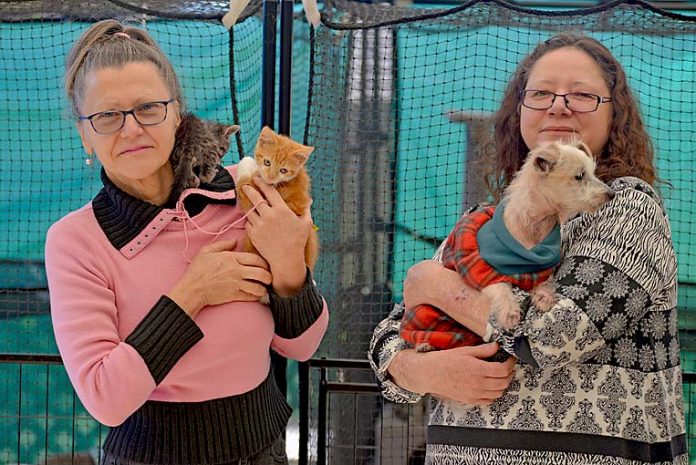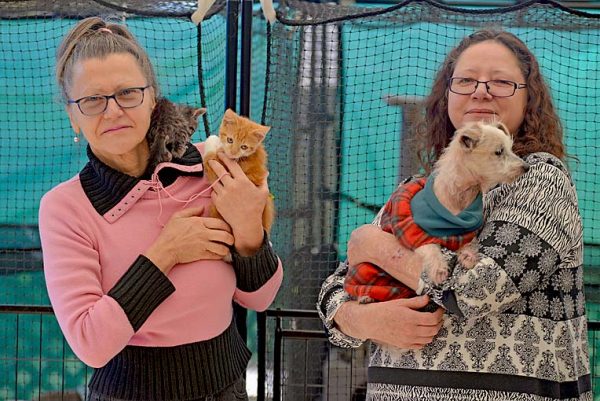

A MOUNT Gambier animal rescue shelter is calling on City Council to be “more aware” of the large volume of abandoned cats and kittens in the district, claiming its volunteers are left to “fill the gap” in services.
Wet Noses Animal Rescue has shone the light on the issue facing the community, stating it has cared for around 100 animals over the last 12 months, which was putting continuous pressure on foster carers for the animals.
Volunteers have raised concerns demand is already exceeding Wet Noses’ resources, which could be further compounded if South East Animal Welfare League services are diminished through the withdrawal of a joint City and Grant District council funding agreement.
“Most animals that we deal with are in a bad situation through no fault of their own unfortunately,” Wet Noses Animal Rescue volunteer Maxine Spence said.
“Sadly, some humans do not take responsibility for their own animals and get their pets de-sexed and we just have an on going number of unwanted cats and kittens that we have to deal with.
“Whilst we have a dedicated and committed group of volunteers who continually rise to the ongoing workload and challenges of fostering we do have concerns about whether our carers will be able to and are willing to continue at this rate into the long term future.
“But we are a genuine no kill rescue group with our save rate for animals over the past four years at 98pc.”
The organisation has found itself under more pressure with a rising numbers of cats and kittens presented.
Many of the abandoned animals volunteers care for are often malnourished, frightened or semi feral with rehabilitation expected to take a due course of time.
“It can take up to 12 months to rehabilitate an adult cat who is semi-wild,” Ms Spence said.
“They can be rehabilitated, they do not have to be put down because of it.
“It is important for the community to know this but it is also important for the council to recognise that this issue is within the community and we are hoping they will step forward and support us in this service.”
Fellow volunteer Marie Dukaliskis also expressed concern, stating there was a greater demand than Wet Noses could cater for.
“We have had to maintain a waiting list for quite sometime so that we can try and manage it all,” Ms Dukaliskis said.
“It is quite anxiety provoking for us to know that while we take in a litter of kittens, they are not all adopted as kittens and there are those adult cats who are a lot of maintenance.”
The organisation, now in it’s fourth year, is self-funded and provides services as far as Bordertown, Kingston and the Victorian border.







